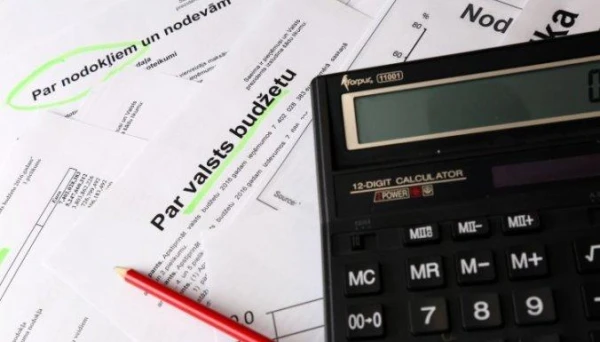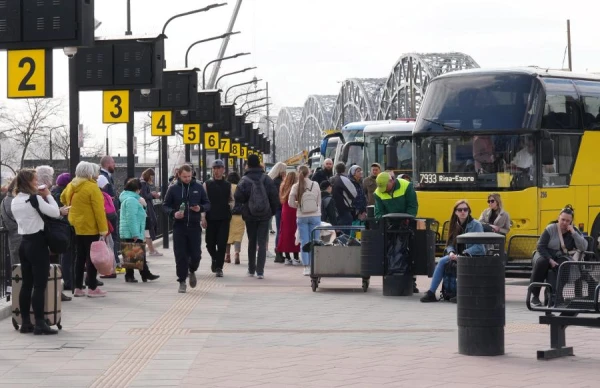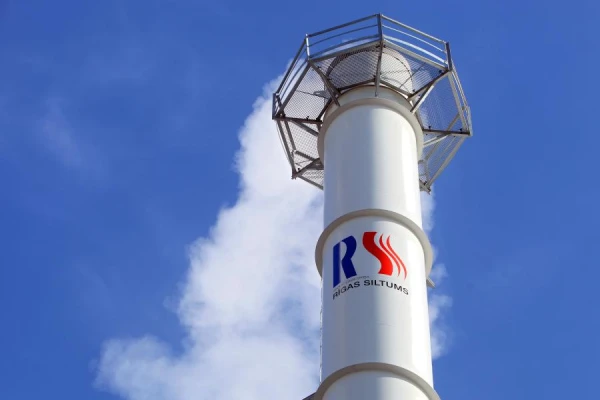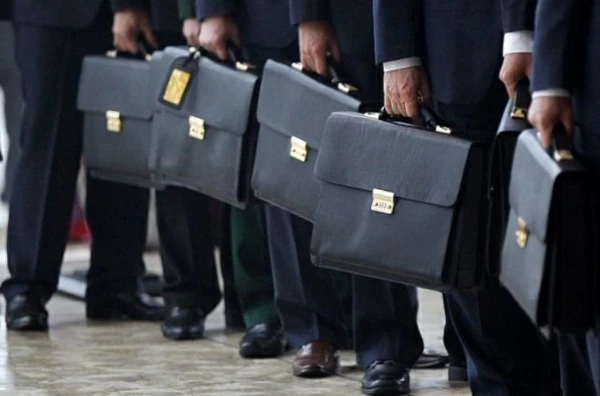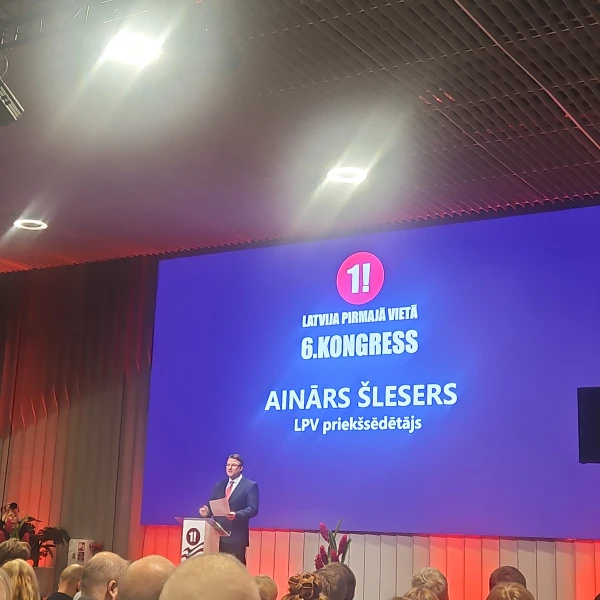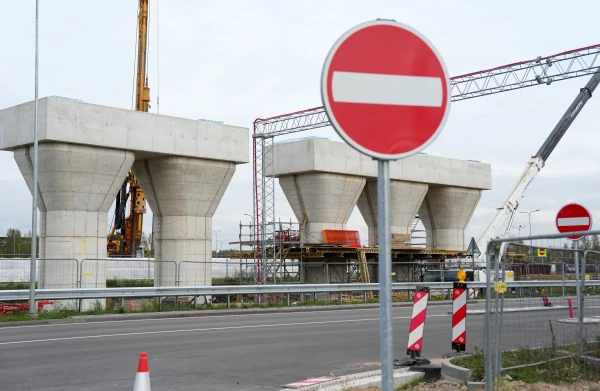
The Ministry of Communications will need to assess the possibilities of reducing the administrative costs of the Rail Baltica project and SIA "Eiropas dzelzceļa līnijas" (European Railways), according to information presented by the Ministry of Finance to the government regarding proposals for next year's budget.
At the same time, the ministry will need to assess the possibilities of revising the positions on remuneration, ensuring their equivalence to the conditions in the public sector.
The government plans to make a decision on this task, setting a deadline for its completion by January 30. The ministry will need to prepare an informational report on the work done.
LETA has already reported that when evaluating proposals for the second reading of the state budget for 2026, additional resources amounting to over 22 million euros were identified in the Saeima, the Ministry of Finance informed the agency LETA.
The ministry emphasizes that the reached decision will allow for the implementation of supported proposals while maintaining fiscal balance and a responsible approach to managing public finances.
The most significant additional funding is allocated for the redesign of the Rail Baltica project — eight million euros.
It is also reported that the costs for the first phase of Rail Baltica in the Baltics could reach 14.3 billion euros, of which 5.5 billion euros is in Latvia; however, potential savings of up to 500 million euros are possible through the optimization of technical solutions, as well as other potential savings.
The total cost of the project, according to the cost-benefit analysis in the Baltic countries, could reach 23.8 billion euros. In the previous cost-benefit analysis in 2017, it was estimated that the project would cost 5.8 billion euros in total.
The Rail Baltica project involves the creation of a European standard railway line from Tallinn to the border of Lithuania and Poland, so that the Baltic countries can be connected by rail to other European countries. A new railway line of European gauge (1435 mm) is planned to be built in the Baltic countries, stretching 870 kilometers with a maximum train speed of 240 kilometers per hour.
